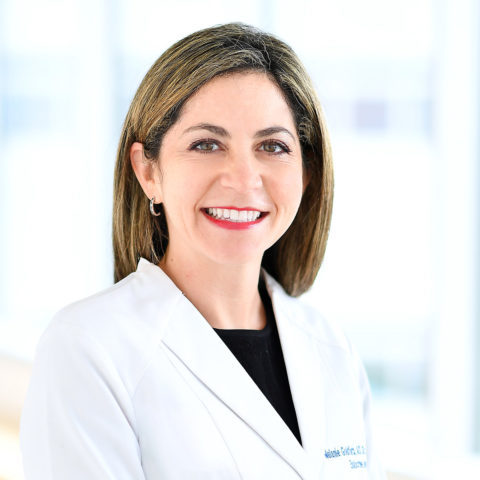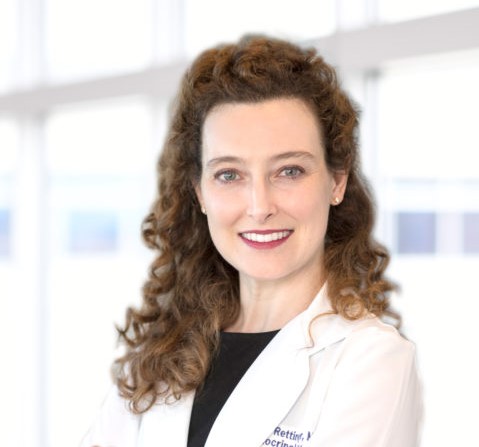Hyperthyroidism and Pregnancy
The levels of thyroid hormone circulating in the body fluctuate normally during pregnancy. However, maternal hyperthyroidism during pregnancy develops in about 1/1,500 pregnancies, most commonly from Graves’ disease.
Hyperthyroidism during pregnancy needs to be treated and addressed to prevent complications such as early labor or pre-eclampsia in the mother and prematurity, fast heart rate, congenital defects, or neonatal hyperthyroidism in the fetus.
Treatment during pregnancy depends on the severity of the disease. Mild hyperthyroidism is many times only closely monitored whereas moderate or severe disease will be treated with antithyroid-medications or rarely surgery. Hyperthyroidism can also occur in the postpartum period and when it does, it is usually followed by hypothyroidism.

Doctors Who Treat Hyperthyroidism
Please submit an online appointment request or call 310-829-8751 if you have any questions, need a diagnosis, treatment or second opinion.






